Relay Hub
Relays are critical components in electrical and industrial applications, enabling the control of circuits with precision and reliability. This comprehensive guide covers everything you need to know about relays, including their types, applications, specifications, installation, and troubleshooting. Whether you’re an engineer, technician, or hobbyist, this resource provides valuable insights to help you select, use, and maintain relays effectively.
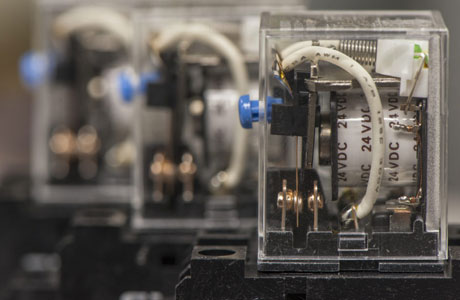

Introduction to Relays
Understand the basics of relays, including their purpose, function, and principles. Learn about the different types of relays and their common uses. This chapter lays the foundation for understanding how relays operate and their importance in various applications.
11 Resources
- What is a Relay and its Working Principle?
- What Is The Purpose Of Relay?
- What Is The Function Of Relay?
- What Is The Principle Of Relay?
- What Are The Basic Concepts Of Relays?
- What Are The Three Types Of Relays?
- How Does A Relay Work?
- What Is The Use Of Omron Relay?
- Where Is A Relay Used?
- How Long Do Relays Last?
- Which Relay Is Mostly Used?
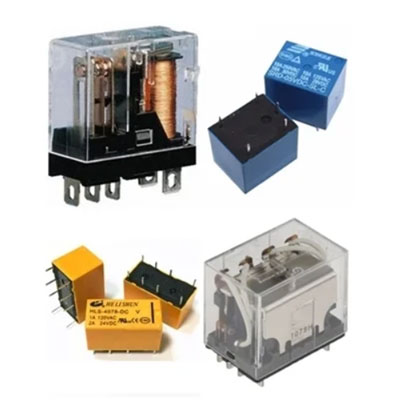
Types and Applications of Relays
Find various relay types, such as solid state, differential, and motor protection relays. Learn their specific applications and how they fit into different electrical and industrial systems. This chapter provides a comprehensive overview of relay types and their uses.
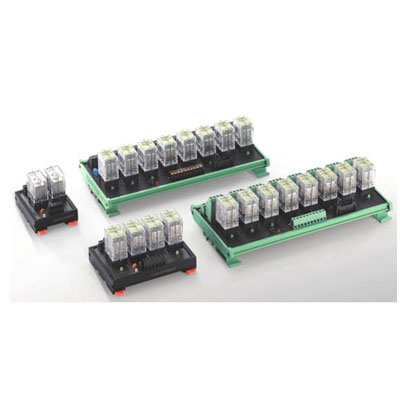
Fundamentals of Relays
Learn the basics of relays, including the types of coils used, their AC/DC requirements, identification methods, and general purpose. Understand how relays work, the various types available, and the key components inside a relay.
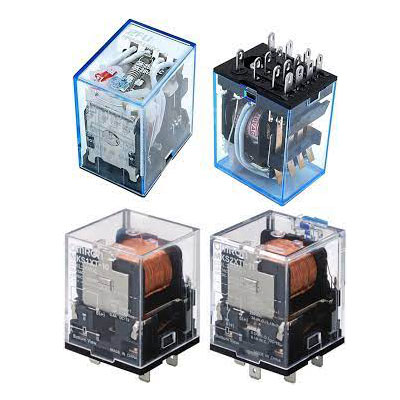
Construction and Types of Relays
Find the materials and construction of relays, including the presence of diodes and whether relays function as fuses. Understand the different types of relays, such as auxiliary, changeover, and potential relays, and their specific applications.
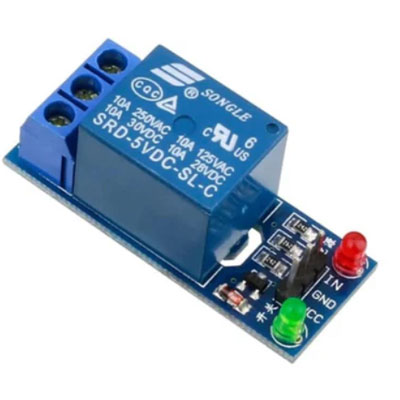
Relay Specifications and Selection
Learn how to choose the right relay based on current, capacity, and other specifications. Understand the key factors in selecting a relay, including the fastest relays, formula of relay coil, and current draw. This chapter helps in making informed decisions for relay selection.
10 Resources
- How Do I Choose A Relay Current?
- What Is The Capacity Of A 5V Relay?
- Which Is The Fastest Relay In Electrical?
- What Is 20A Relay?
- What Is A1 And A2 In Relay?
- What Is The Formula Of Relay Coil?
- How Many Amps Does A Relay Coil Draw?
- How Do I Select A Relay?
- How To Choose A Relay?
- What Is The Most Reliable Relay?
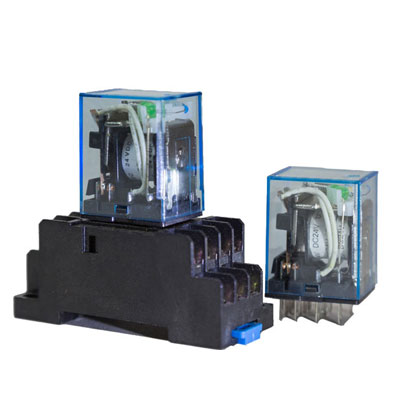
Relay Installation and Testing
Get step-by-step guidance on installing and testing relays. This chapter covers testing methods with multimeters, checking relay functionality, maintaining relays, and identifying terminals. It ensures your relays are properly installed and functioning correctly.
9 Resources
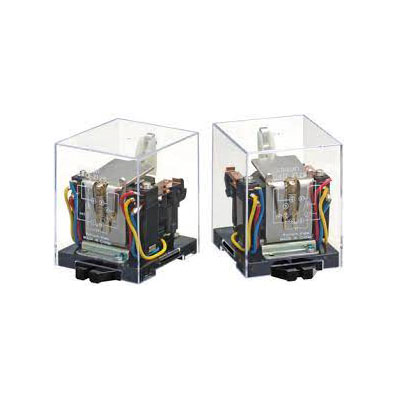
Relay Performance and Reliability
Understand the performance and reliability of relays, including their lifespan, failure rates, and common issues. Learn how to diagnose and repair faulty relays, and discover why they fail or burn out. This chapter focuses on ensuring reliable relay operation.
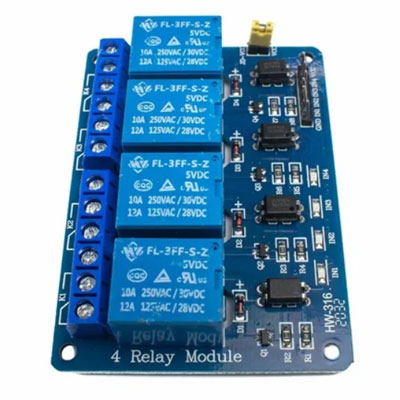
Advanced Relay Concepts
Dive into advanced relay concepts like IoT integration, PLC usage, and various relay configurations (NC, NO, DPDT, SPST, SPDT). This chapter explains the workings of 5-pin and 4-pin relays and offers insights into modern relay technologies.
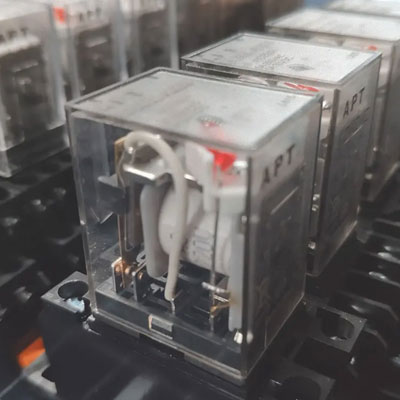
Specialized Relays and Uses
Learn about specialized relays, including why they are used instead of switches, motor control applications, and the advantages of using relays. This chapter also covers DC relays, reverse power relays, and the general purposes and disadvantages of relays in specific scenarios.
10 Resources
- Why Use Relays Instead Of Switches?
- Why Relay Is Used In Motor Control?
- How Reverse Power Relay Works?
- Are Solid State Relays More Reliable?
- Why Do Relays Use DC?
- Can Relay Work On DC?
- What is The Main Advantages Of A Relay?
- What Is The General Purpose Of A Relay?
- What Is The Disadvantage Of Relay?
- What Is A 4 Channel Relay?
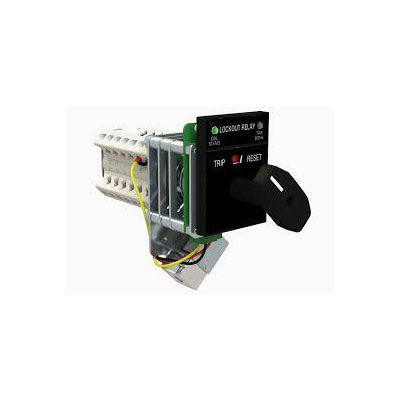
Relays in Electrical Systems
Understand the practical applications and limitations of relays in electrical systems. Learn when not to use a relay, common causes of relay damage, and comparisons with contactors and circuit breakers. Discover how to connect IR sensors and manage over-voltage situations.
10 Resources
- When Not To Use A Relay?
- Why Does Relay Make Noise?
- Can A Fuse Replace A Relay?
- Why Is A Relay Damaged?
- Which Is Better Relay Or Contactor?
- What Is Difference Between Contactor And Relay?
- What Is Difference Between Relay And Circuit Breaker?
- How To Connect IR Sensor To Relay?
- What Is Lockout Relay?
- What Is Over Voltage Relay?
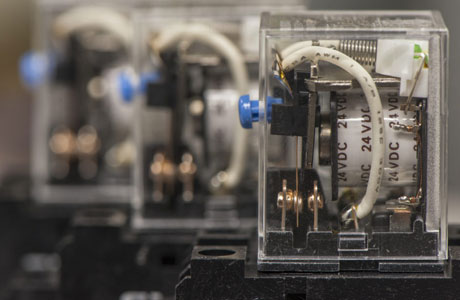
Specialized Relay Applications
Search into specific applications and advanced concepts of relays, including digital and latching relays, power consumption calculations, and overload checks. Learn about the various uses of relays in automation, how to connect sensors, and the functions of master control relays.
